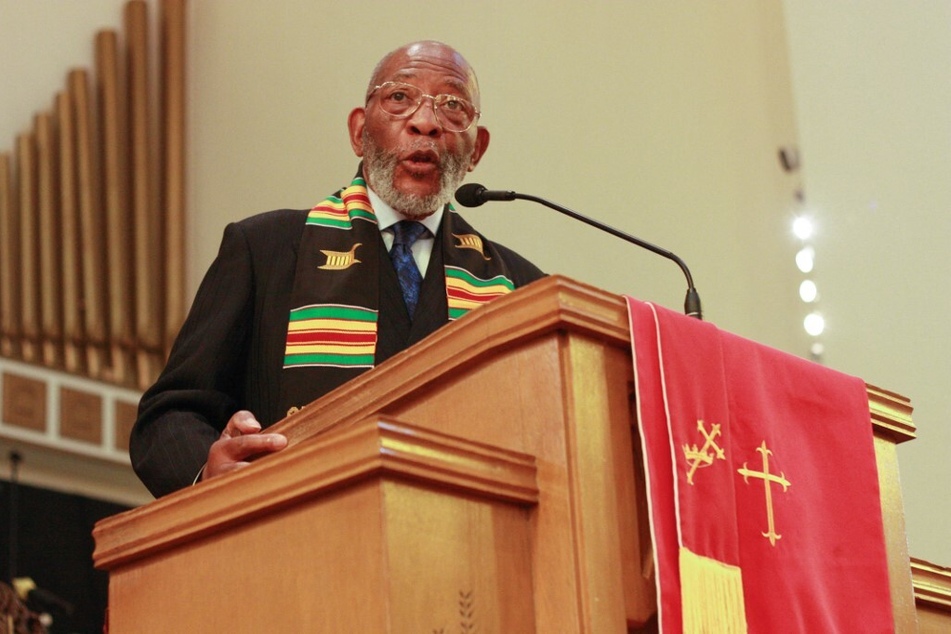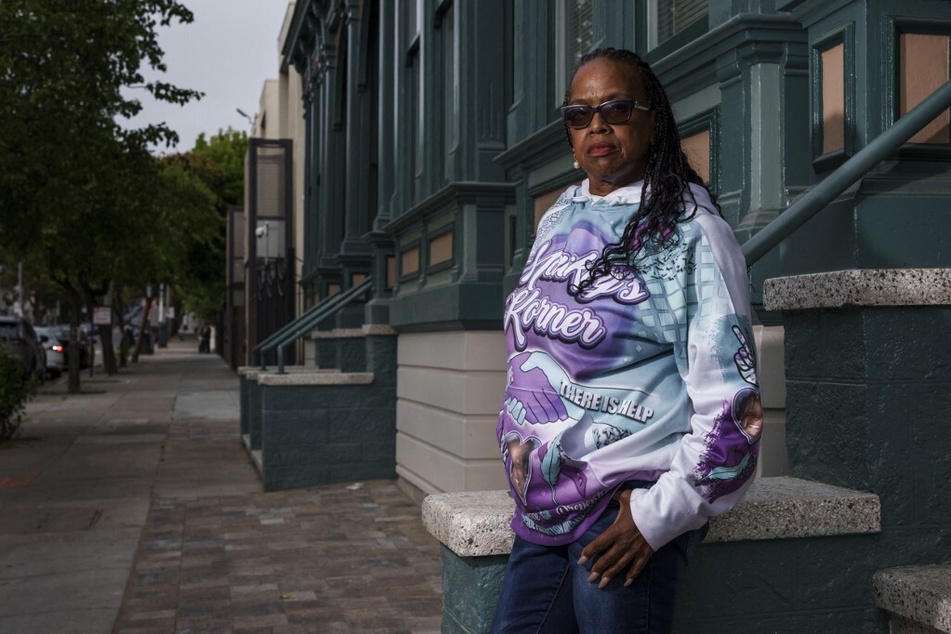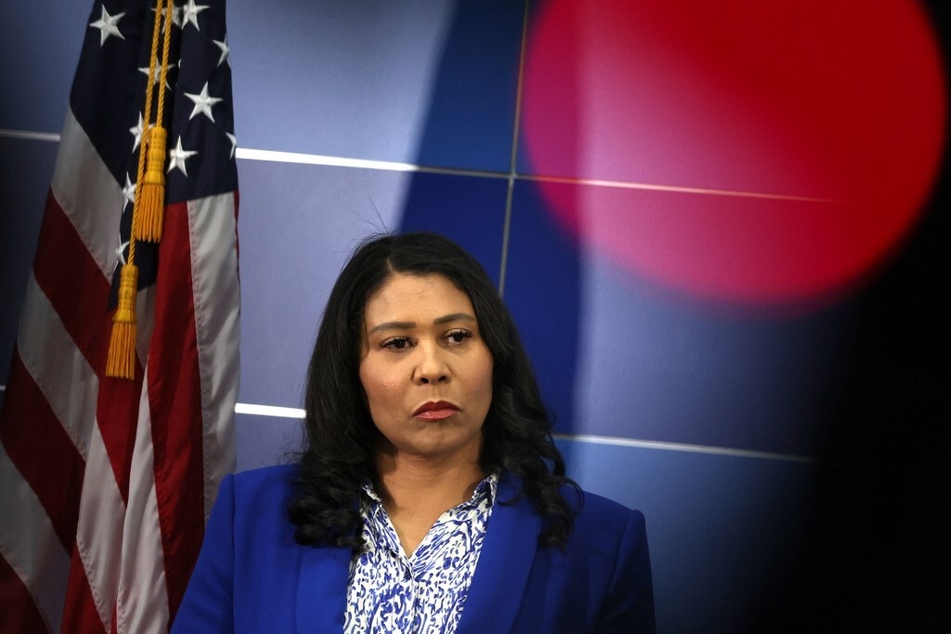Cash payments in question as San Francisco's final reparations plan is released
San Francisco, California - A San Francisco reparations committee has released its long-awaited final plan to address the city's legacy of enslavement and structural discrimination.

Just over a week after the California Reparations Task Force issued its recommendations, San Francisco's African American Reparations Advisory Committee (AARAC) published its final report, tracing the history of racial discrimination in the city and making policy proposals to redress those harms.
The reparations plan is the result of two years of study and community engagement. Formed in 2021, the AARAC was comprised of 15 members with subcommittees focused on economic empowerment, education, health, and public policy.
Over nearly 400 pages, the AARAC outlines the historical roots of the challenges facing Black residents today, and the city government's complicity in those abuses. The report highlights the Urban Renewal era in particular, when Black people were largely segregated to specific neighborhoods due to racially restricted covenants and redlining. The city then targeted those areas for redevelopment, displacing thousands without providing proper compensation.
Today, Black San Franciscans constitute less than 6% of the city's population – down from 15-17% just a few decades prior – while making up more than 50% of those incarcerated. Meanwhile, white income is now four times that of median Black income, the report states.

San Francisco reparations committee charts path toward a better future

With more than 100 policy recommendations, San Francisco's AARAC has put forward perhaps the boldest plan of any local reparations task force to date.
The committee made headlines when the San Francisco Board of Supervisors agreed to accept its draft plan calling for one-time $5-million payouts to eligible individuals and a guaranteed annual household income of at least $97,000 for 250 years.
The final report includes those financial proposals, in addition to tax credits, loan forgiveness programs, $1 housing options, and a mandatory Black History and Culture core curriculum in public schools.
In budget negotiations last week, London Breed, San Francisco's first Black female mayor, struck a deal with city supervisors to set aside $4 million over two years to create a new City Hall office to implement reparations recommendations, though Breed has not actually agreed to spend the money.
A spokesperson for Breed's office told the San Francisco Chronicle the mayor believes reparations, particularly cash payments, should be a matter for the federal rather than local governments. "That’s really where those conversations are most appropriate," he said. "It should not be done piecemeal across cities and states. That’s really what her position is at this point."
San Francisco supervisors plan to hold a hearing on the reparations recommendations in September.
Cover photo: Philip Pacheco / AFP

